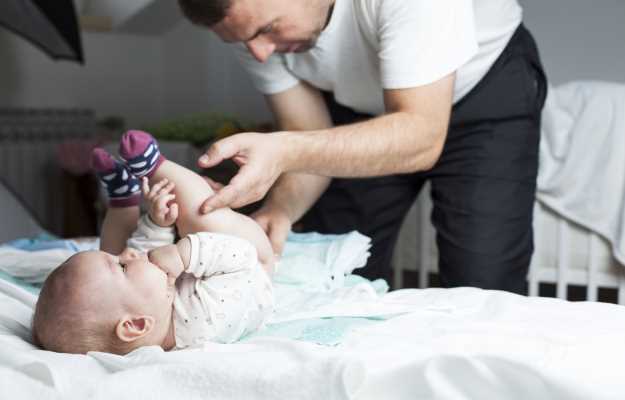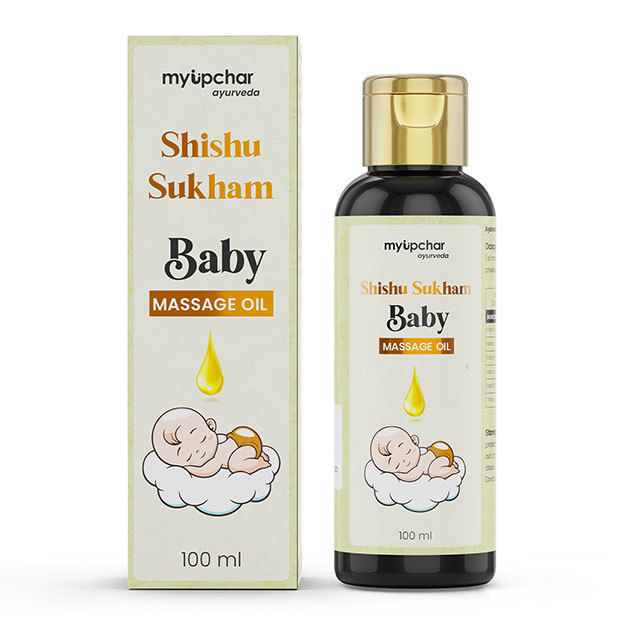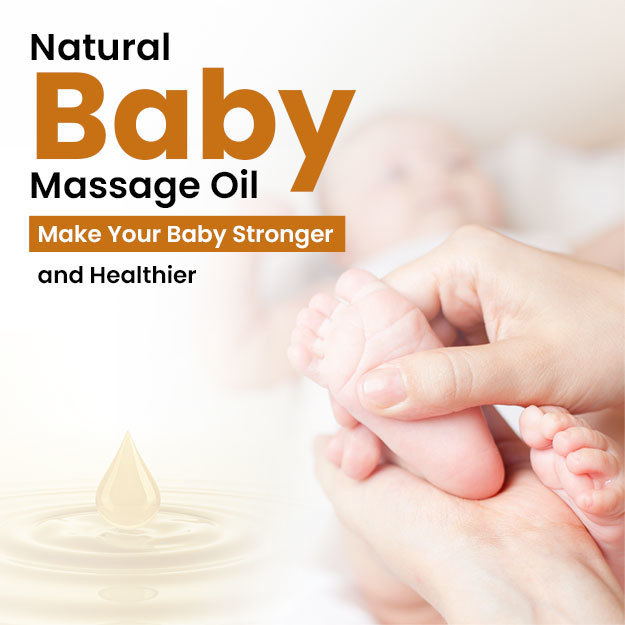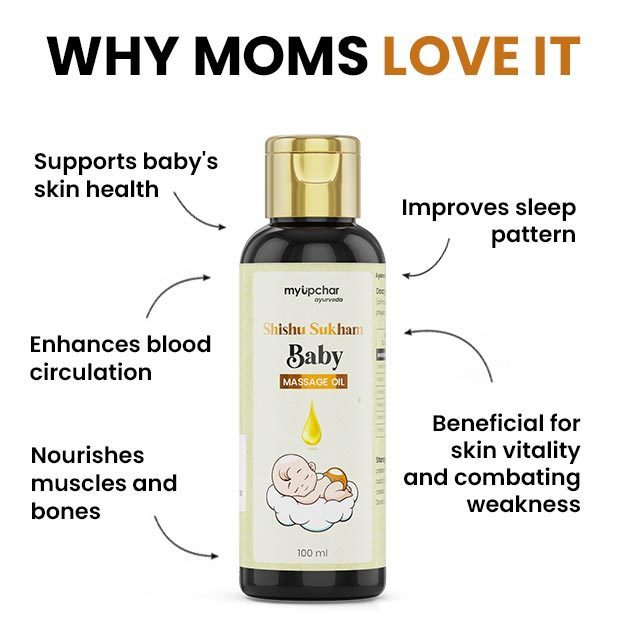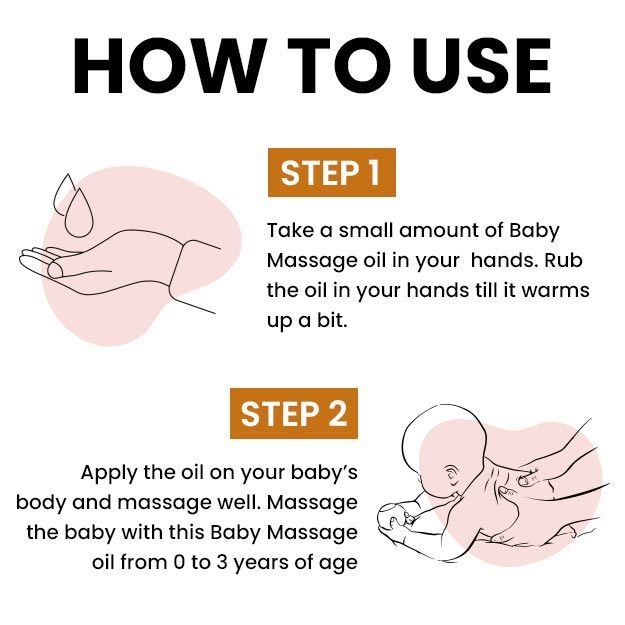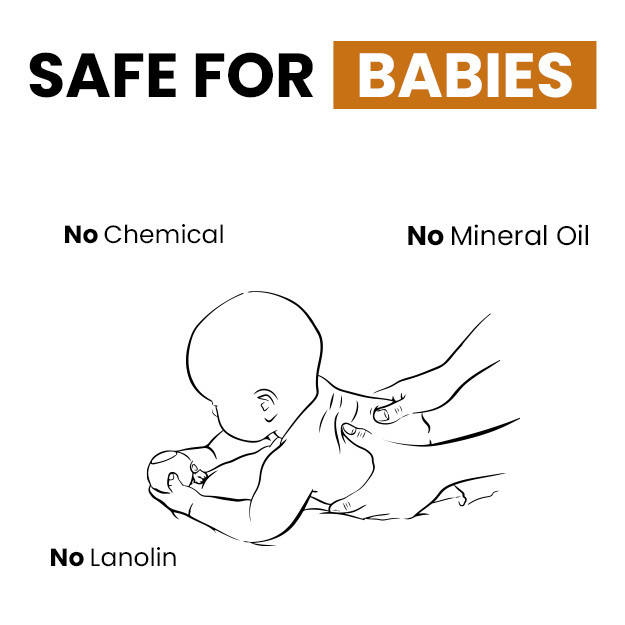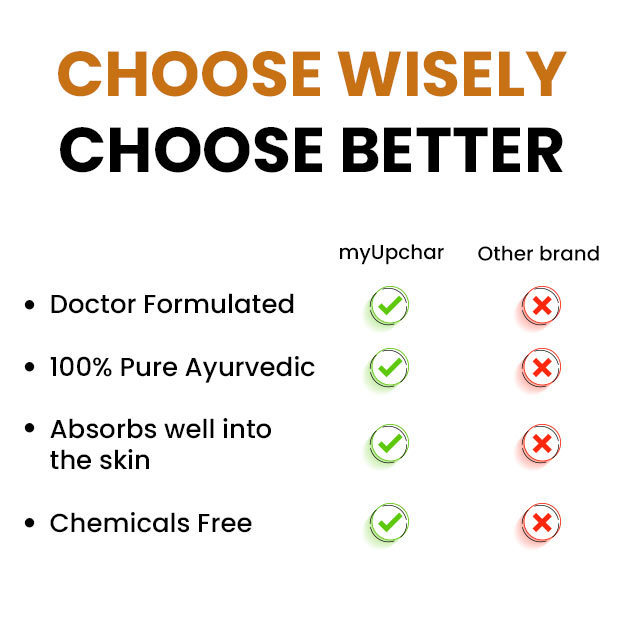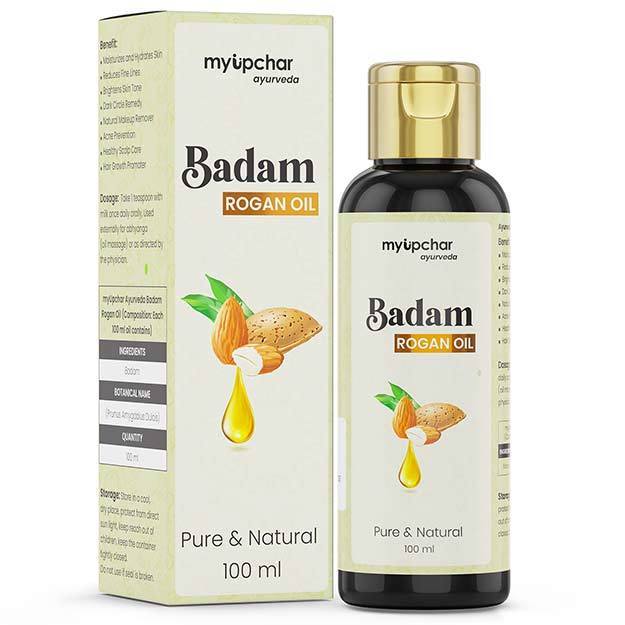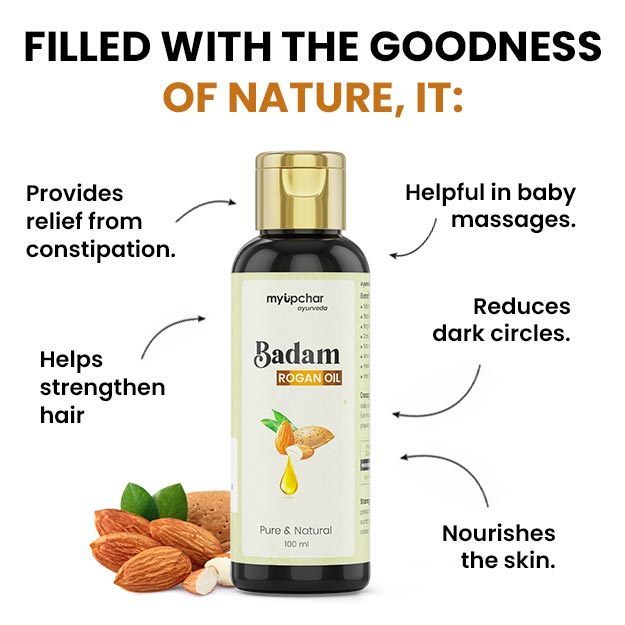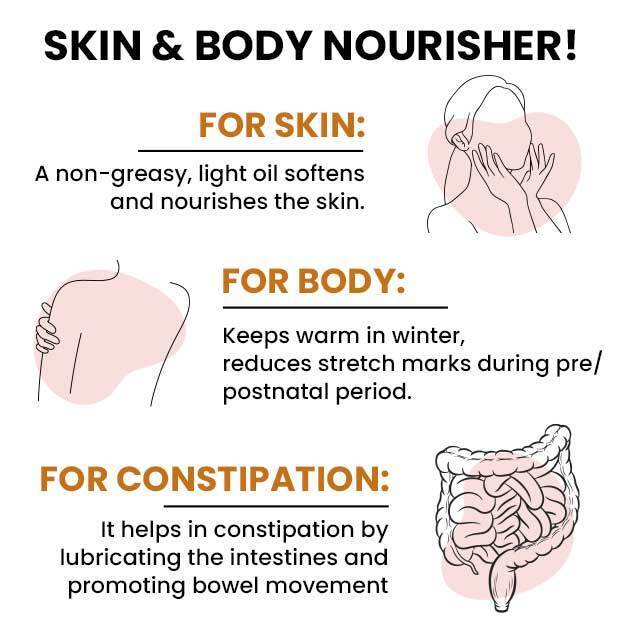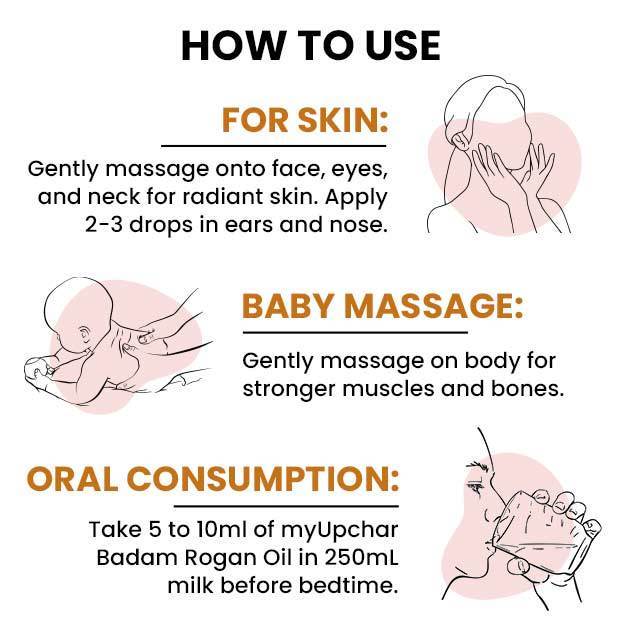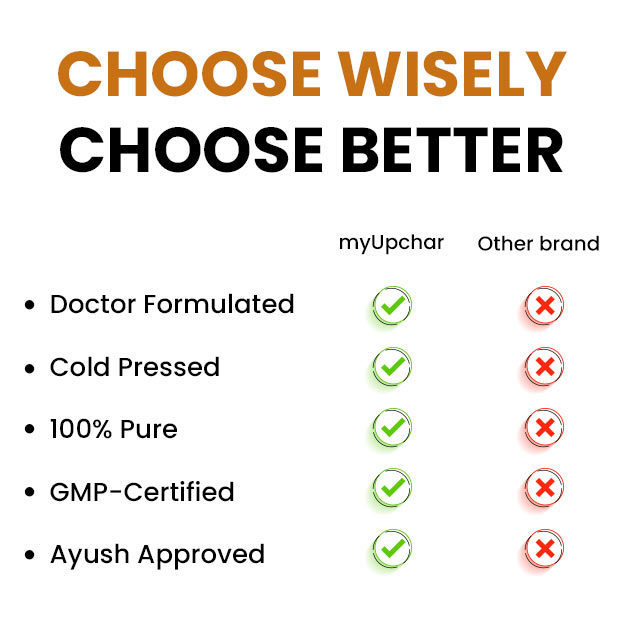It’s never too early to start teaching good hygiene practices to your children and accept the fact that it all starts with you. You should start using good hygiene practices - recommended by doctors and paediatricians - from the moment your child is born. And while most parents are told that bathing, diaper changes and generally keeping your baby and his or her surroundings clean is important, many fail to focus on genital hygiene.
This is not just because a baby’s genitals are very delicate and you need to take extra care while cleaning them, but also because genital care is not talked about openly due to the awkwardness around sexual health discussions in families around the world. You need to overcome this obstacle to be able to care for your baby’s genitals, keep them infection-free and healthy.
What’s more, the genital care methods you practice during your baby’s infancy and early childhood should be taught to them as they grow up, especially when you are teaching them bathing rituals or potty training them. Inculcating good genital care and hygiene habits can also boost your child’s self-esteem and confidence. This is the best way you can ensure that your child will follow these good hygiene practices all the way into their own adulthood and even teach them to your grandchildren in the future.

